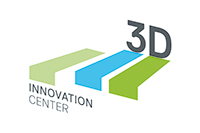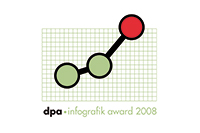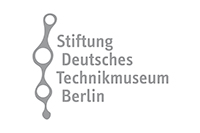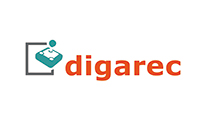
More than 2 billion people worldwide play computer and video games. In Germany, 6 out of 10 people turn to consoles, PCs or smartphones to play digital games. Games have long been an essential part of our society – as gamescom has just shown. But gaming is much more than just playing games. Gaming is learning. And it offers many opportunities to make digital education more attractive and efficient, especially for pupils. Csongor Baranyai, Professor of Game Design at the University of Europe for Applied Sciences, believes that many opportunities remain unused today.
“Playing is learning. We can learn and adapt a lot from games for education”, stated Csongor Baranyai, Professor of Game Design at the University of Europe for Applied Sciences.
The public often puts gaming in a very specific corner: Gaming is harmful for children. Yet there are numerous studies that come to a different conclusion and point to the positive aspects of gaming. For example, that games promote creativity and spatial perception, especially in children and young people.
“Gaming is more than gambling. Gaming is learning”
But games can also contribute to recreation and create or maintain social relationships. This has just been demonstrated in the Corona pandemic. For many children and young people, playing online together was a way to stay in touch with their friends and to experience adventures together and exchange ideas despite the distance.
But Corona also made clear in which areas we have not used the possibilities of games: in school
the possibilities of games: in school and higher education. “In the education sector, we make far too little use of the numerous possibilities and positive aspects of games,” says Baranyai. For the professor at the University of Europe for Applied Sciences, it is clear: “Gaming is much more than gambling. Gaming is learning.”
Not “either-or”, but “both-as well”
While many schools and universities have used digital learning platforms and virtual learning spaces in their teaching, gaming learning environments have hardly been used at all. A big mistake, thinks Csongor Baranyai. “The Corona pandemic ruthlessly exposed our weaknesses in the area of digital learning.” For example, although various digital learning platforms and virtual 3D learning spaces were used, “you can’t describe them as a playful learning environment.” What Baranyai definitely does not want to do, however, is to pit one learning method against the other. “My point is that we use all available possibilities to create the best learning environments for each type of learner.”
Students at the University of Europe for Applied Sciences in Berlin and Hamburg learn how to do this and how such playful learning environments and learning spaces can look and be designed in the “Game Design” degree programme. A degree programme with a future – Prof. Csongor Baranyai is also convinced of this: “For a long time now, it has no longer been a question of whether games and gamification have great potential for our society, but rather how and, above all, in which areas we can make better use of it in the future.”
The future of “Game Design”: a degree programme of unlimited possibilities
Game Design brings the ideas of future media such as computer games, video games and apps to life. Games are entertainment and business in one, but in the areas of serios games they can also make a significant contribution to solving social problems, for example on learning or communication platforms. The areas of application outside the games sector have experienced a great upswing, especially in the pandemic.
Game designers are involved in all development steps of innovative game mechanics: from the initial idea to the technical-creative conception, narration to the design of rooms and characters.
In the Game Design degree programme at UE, the focus of teaching is on the development and creation of games with an innovative and experimental character. Students receive an overview of the economy, culture and markets surrounding computer games in the areas of Game Design, Game Art and Game Programming, from AAA to Indie Games to experimental formats. The programme also includes dealing with a wide variety of software such as Android or Java.
After basic introductions in the first semesters, the study programme in the 5th semester offers the opportunity to test the acquired competences in practice in an internship at home or abroad in interdisciplinary seminars, workshops and study trips. It is about the independent conception and realisation of a demanding project. This is the best business card to present yourself optimally to the employer of your choice or future clients.
Facts about the Game Design (B.A.) programme:
Campus: Berlin (English), Hamburg (German)
Start: March/ September
Length of study: 6 semesters
Internship/ semester abroad: 5th semester
Degree: Bachelor of Arts
More information: Game Design, Bachelor of Arts (BA) | University of Europe for Applied Sciences (ue-germany.com)
Do you have any press release related questions?
Please refer to Jessica Carolin Barthel-Jelkmann at jessica.barthel@gusgermany.de.













